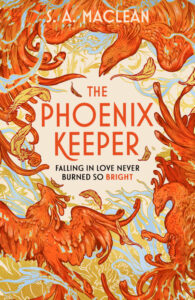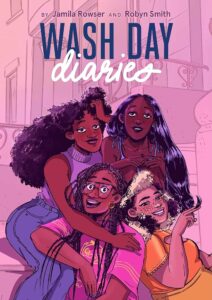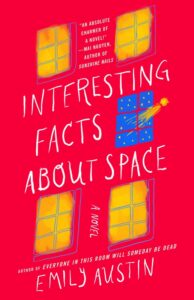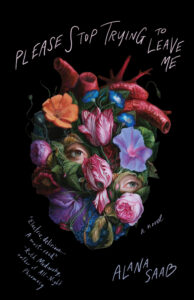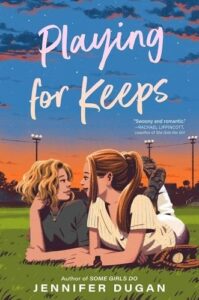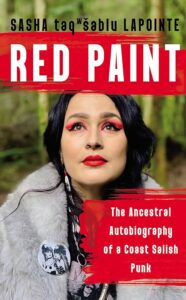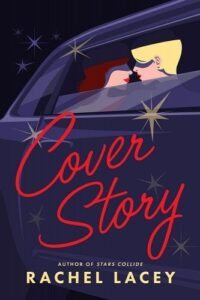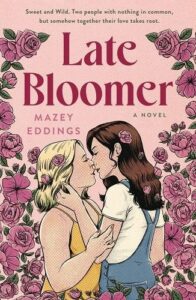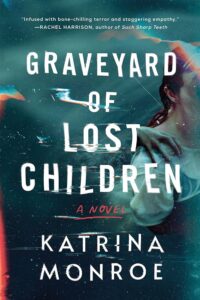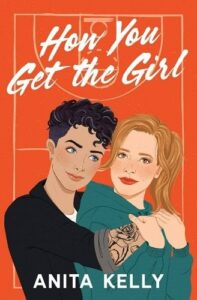Buy this from Bookshop.org to support local bookstores and the Lesbrary!
I’m animal lover who’s always looking for more cozy queer fantasy, so this book seemed tailor made for me. It follows Aila, a phoenix keeper at a magical zoo who is trying to restart their phoenix breeding program to help bring the phoenixes back from the brink of extinction. In classic cozy fantasy fashion, that’s pretty much the whole plot, though there is a romance subplot or two.
In some ways, this was exactly what I wanted. There are magical animal shenanigans. There are fairly low stakes—though the threat of poachers was enough stress for me. There’s an adorable supportive friendship between Aila and fellow zookeeper Tanya, a Black trans woman with a golden retriever (…not literally) boyfriend who works at an animal rescue. There’s a queernorm world. Even though this is close to 500 pages and doesn’t have a lot of plot, I didn’t mind: I loved being immersed in the world of these magical creatures. I may feel conflicted about zoos in real life, but it was easy to fall in love with this version. I also liked the romance between Aila and Luciana: they were rivals in university and have continued that animosity years later, but after working together on the phoenix program, they begin to realize they may have misunderstood each other. I would have liked to see more of this romance—maybe even a steamy scene—but I enjoyed what we have. The rivalry turned affectionate teasing is cute.
Other elements didn’t work as well for me. The writing could be overly descriptive, especially in describing every biome in this fantasy world. I also saw the ending/reveal coming about 400 pages away, which is particularly distracting when there isn’t much plot to begin with and I usually am terrible at spotting clues, so it felt way too heavily hinted at. Also, call me overly leftist, but I don’t want guns and police in my cozy fantasy novel, especially the police as saviors.
I ended up being most distracted by Aila herself. I liked her character, but she seemed heavily coded as autistic to me, and there’s no mention of that on the page—though she is diagnosed with anxiety, and the marketing emphasizes the anxiety representation. Aila has an intense special interest: she spends almost every waking moment thinking about phoenixes. She not only has trouble with social situations but is confused by social norms. She bounces when she’s excited or emotional. Looking through reviews, many people felt the same way, including autistic readers. To me, it seems strange to have her character discuss and be diagnosed with anxiety without mentioning autism.
That’s just a slightly confusing choice by the author, though, and not necessarily a negative. I enjoyed Aila’s character growth over the course of the book. She is so focused on the phoenixes that she can get tunnel vision, forgetting that there are other things going on—like Tanya’s volunteer project proposal, which she is working on while helping Aila with her project. She also is judgmental about Luciana’s griffin show, which she finds gaudy, not recognizing that donations and zoo membership are crucial to keeping programs like hers going. Slowly, she begins to realize these things and make up for them. She also takes a few tentative steps towards embracing the public-facing role of a zookeeper, while never being magically cured of her social anxiety.
As part of this character growth, Aila—who would always rather hide in a corner with her animals than do something social—begins to accept that she is part of a social network. She strives to better take care of her friendships and to recognize the value of professional relationships, even if she feels awkward about it. At the same time, she gains self-confidence, no longer taking as personally the judgments of her as shy, childish, “too much”, or awkward—especially after a short-lived romance with the dragon keeper had her doubting herself.
This isn’t a perfect book, but I still really enjoyed reading it, and I recommend it for fans of cozy fantasy. I look forward to seeing what S.A. Maclean writes next.

